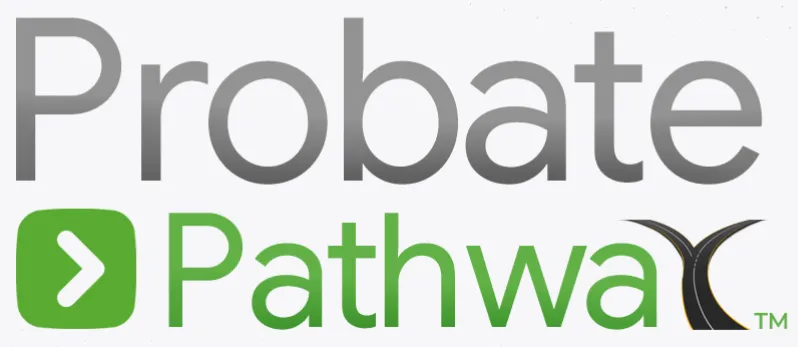California Probate Guide
Understanding Probate in California: Your Essential Guide
Navigating probate can be challenging, especially when you're dealing with the loss of a loved one. Our California Probate Guide simplifies the process, timelines, and key considerations, helping you understand exactly what to expect.
What is Probate?
Probate is the legal process of transferring a deceased person’s assets to their heirs or beneficiaries under court supervision. In California, probate is typically required when a person passes away owning more than $184,500 in total assets.

The Probate Process Simplified
The probate journey generally involves these key steps:
01
Petition Filing
Initiating probate by filing a petition with the probate court.
02
Executor Appointment
Court officially appoints the executor or administrator.
03
Asset Management
Locating, appraising, and securing all estate assets.
04
Debt and Tax Management
Paying creditors, bills, and taxes owed by the estate.
05
Asset Distribution
Transferring remaining assets to beneficiaries or heirs.
03
Closing Probate
Finalizing court filings and formally closing the estate.
California Probate Timelines
Typical probate duration varies based on complexity, but generally:
Small Estates: May take only weeks or a few months.
Standard Probate: Typically lasts between 12 to 18 months.
At Probate Pathway, our innovative approach aims to expedite your probate completion, often within 12 months or less.
Important Changes to California Probate Laws (Effective April 1, 2025)
Thanks to recent changes (Assembly Bill 2016), California now offers simplified probate procedures for qualifying small estates:
Estates with non-real estate assets under $184,500 may avoid probate court.
Estates with a single residential property valued under $750,000 now qualify for streamlined probate procedures.
Our experts can quickly determine if you qualify for these beneficial changes.
Frequently Asked Probate Questions (FAQs):
Do I have to go through probate if there's a will?
Yes, probate is typically required if assets exceed the threshold, even if there's a valid will.
Who is responsible for handling probate?
Usually, the named executor in the will or a court-appointed administrator manages probate.
Can I avoid probate entirely?
Yes, with proper estate planning such as living trusts or beneficiary designations, probate can often be avoided.
How much does probate cost in California?
Fees are set by law, typically around 4% of the first $100,000 of estate value and declining percentage-wise thereafter.
Do I need an attorney for probate?
While it's not legally required, expert probate attorneys help prevent costly mistakes, reduce personal liability, and expedite the process.
Ready to Simplify Your Probate Journey?
Don't navigate probate alone. Probate Pathway’s dedicated probate experts are here to guide you every step of the way, ensuring clarity, speed, and peace of mind.
Probate Pathway was created by a team of seasoned probate professionals who’ve been in the trenches—handling thousands of probate and estate cases from start to finish. While we’re not a law firm, we bring the kind of real-world legal experience, systems, and insights that most firms spend decades trying to master. Our mission is simple: to equip attorneys with proven tools, training, and support to run a smoother, more profitable, and drama-free probate practice—without burning out or dropping the ball.
Social Media
